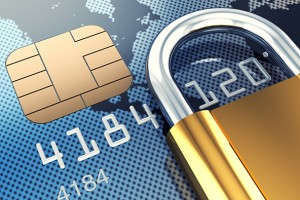The eCommerce industry endures more privacy challenges as consumers begin to rely more and more on a digital society. Although consumerism is striving to employ more digital opportunities in this industry, the stress of purchase privacy is still relevant and in most cases greater due to new digital channels.
Cyber crime is a problem that has dramatically increased with the intensified use of eCommerce channels issuing a struggle among eCommerce merchants. In what some individuals may call this new reliance on technology as the digital divide, privacy becomes more of a crucial aspect; consumers need to understand the repercussions of fraud and the circumstances for those actions that then affect the merchant. Unfortunately for merchants, being caught in this circumstance can issue a blacklisting for their business.
The UK eCommerce marketplace ranks as the leading eCommerce market in Europe as well as the third largest in the world . According to Datamonitor, the UK is predicted to reach £81 billion in online sales by the end of 2014. UK consumers also rank on the top of the list for online spending habits in Europe. For fraud to decrease in this region of the European eCommerce marketplace, new levels of technology must be implemented during the transaction process for consumers.
. According to Datamonitor, the UK is predicted to reach £81 billion in online sales by the end of 2014. UK consumers also rank on the top of the list for online spending habits in Europe. For fraud to decrease in this region of the European eCommerce marketplace, new levels of technology must be implemented during the transaction process for consumers.
What can be done to make sure a transaction is valid and secures privacy for both the merchant and consumer? There are various methods for data security that can not only ensure a safe shopping experience for the consumer, but ensure the merchant is selling to a valid customer not a fraudulent buyer. Processors are now asking merchants to provide an IP address, digital signature, computer I.D, or identity confirmation for the product to guarantee the purchase was authorized.




